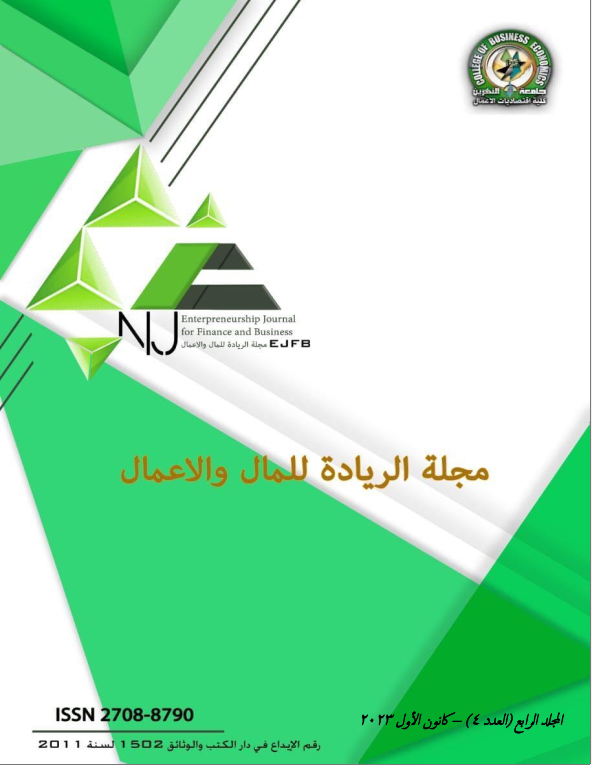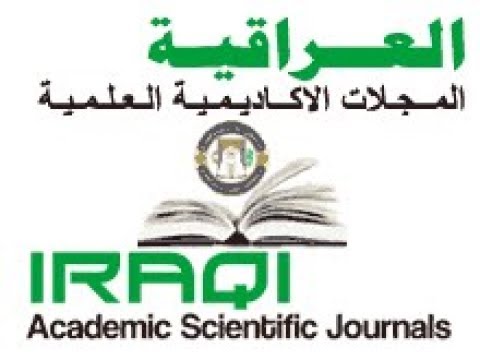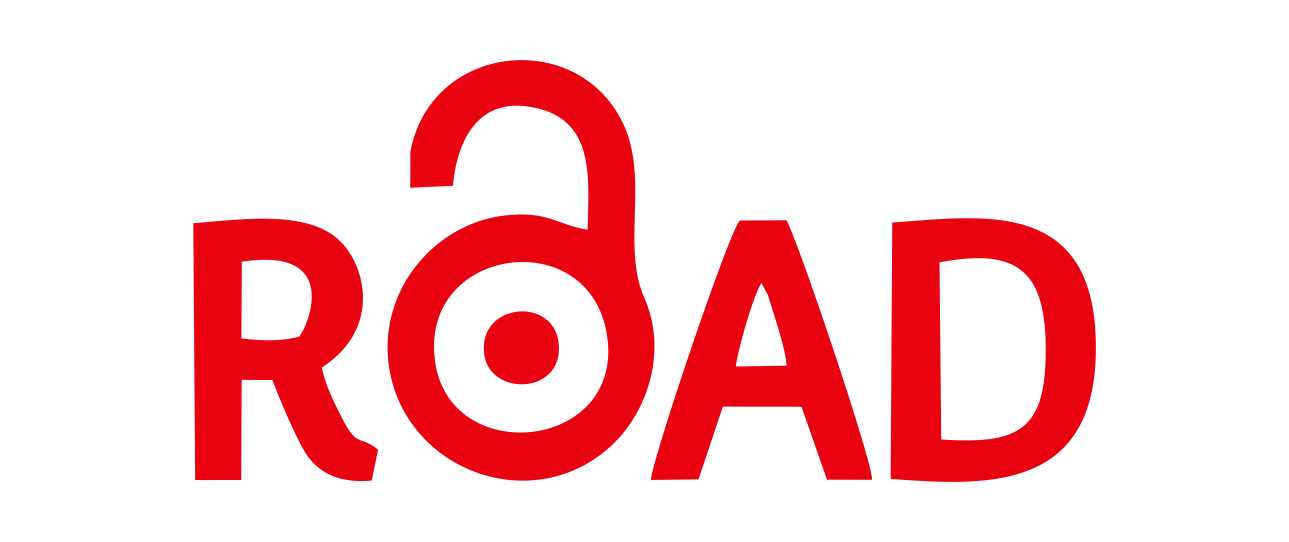دراسة وتحليل فجوة توقعات التدقيق في ظل الالتزام بمعيار التخطيط الدولي للتدقيق(ISA 300 ) بالتطبيق في ديوان الرقابة المالية الاتحادي
DOI:
https://doi.org/10.56967/ejfb2023355الملخص
يهدف البحث إلى دراسة وتحليل فجوة توقعات التدقيق والتي تنشا بسبب الاختلاف مابين التوقعات المحتملة من مهنة التدقيق والاداء الفعلي بالنسبة لتلك المهنة ، وقد تبنت الدراسة فرضية رئيسية مفادها إن تبني استراتيجية تدقيق شاملة لممارسة مهنة التدقيق من خلال الالتزام بمعيار التخطيط الدولي للتدقيق وفهم طبيعة الوحدات الاقتصادية الخاضعة للتدقيق قبل البدء بممارسة مهمة التدقيق يمكن ان يساهم في تحسين مخرجات العمل الرقابي وتقليص وادارة فجوة التدقيق بشكل فعال وبما يحقق هدف التدقيق الأساسي المتمثل بصدق وعدالة الكشوفات المالية الخاضعة للتدقيق وتعزيز الثقة بمخرجات العمل الرقابي . يقدم البحث جهودًا للمساعدة في تحسين الالتزام بمعايير التدقيق الدولية بما فيها معيار التخطيط الدولي للتدقيق ومن اجل تحقيق اهداف البحث واثبات صحة فرضية الدراسة تم اختيار ديوان الرقابة المالية الاتحادي كمجتمع للبحث ومجموعة من الدوائر التابعة للديوان والبالغ عددها 5 دوائر كعينة للبحث . حيث اشار البحث إلى أن هناك فروقًا بين توقعات التدقيق القائمة على معايير التدقيق الدولية والتطبيق الفعلي لهذه المعايير في مجموعة من الدوائر التابعة لديوان الرقابة المالية حيث أظهرت النتائج ان هذه الفجوات قد تعود إلى عدم وجود فهم كافٍ للمعايير، أو القدرة على تطبيقها بفعالية من قبل عينة البحث .
ولقد اختتمت الدراسة بمجموعة من التوصيات من اهمها أن عينة البحث بحاجة إلى معالجة الفجوات المحتملة في تطبيق معايير التدقيق من خلال تعزيز العمليات التعليمية وبرامج التدريب، وتقديم الإرشادات اللازمة للموظفين، كذلك يحتاج الديوان أيضًا إلى ضمان أن السياسات والإجراءات الحالية تتوافق مع المعايير الدولية للتدقيق، كما يجب زيادة جهود الترقب والرقابة داخل الديوان لضمان التزام مستمر بهذه المعايير تحسين الرصد للامتثال لهذه المعايير، كما اوصت الدراسة بضرورة تحديث السياسات والإجراءات بناءً على المعايير الدولية، وتنفيذ التدقيق الدوري لتقييم الامتثال للمعايير.
التنزيلات

التنزيلات
منشور
كيفية الاقتباس
إصدار
القسم
الرخصة
الحقوق الفكرية (c) 2023 علي قاسم العبيدي، زينب انور فؤاد

هذا العمل مرخص بموجب Creative Commons Attribution 4.0 International License.
هذه هي مقالة منشورة بنمط الوصول الحر وموزعة تحت شروط ترخيص المشاع الابداعي نسب المصنف (CC BY) 4.0 دولي التي تسمح بالاستخدام غير المقيد، التوزيع، واعادة الانتاج في أي وسيط أو صيغة، والتحوير أو البناء على المادة، بما في ذلك للأغراض التجارية، شريطة أن يتم نسب العمل للمؤلف الأصلي.









